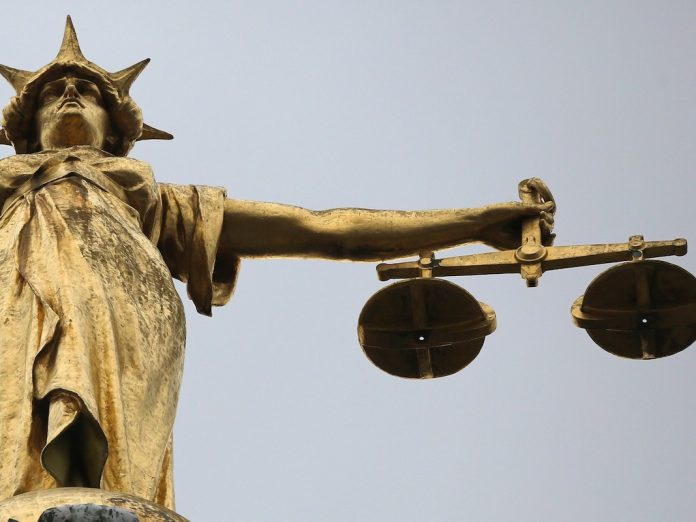On the occasion of National Law Day, which was celebrated recently on November 25, President Ram Nath Kovind lamented that India’s legal system had gained the reputation of being an expensive one.
He called it a “ burden on our collective conscience” that relatively poor people cannot approach the justice system for a fair hearing, noting that it was not just delays but also affordability of fees.
Elite Lawyers Charge Heavily
Top legal eagles like Harish Salve, Ram Jethmalani and Fali Nariman, all charge between Rs 2 lakh to Rs 20 lakh for just an appearance.
- Fali S Nariman charges in the range of Rs 10-15 lakh per appearance in the Supreme Court,
- Shyam Divan charges nearly Rs 3.5 lakh
- Ram Jethmalani charges around Rs 25 lakh
- Ex-law minister Kapil Sibal charges up to almost Rs 15 lakh
- Former finance minister P Chidambaram charges around Rs 6-7 lakh
- KK Venugopal usually does pro bono cases but also charges at times Rs 2.5 lakh
The cost varies by client but typically legal fees can include extra expenses such as:
- Air travel including for business class travel
- Five-star hotel accommodation for the lawyers and their team
- Meals and local transport
- Conference or consultation fees
- In some cases clerkage which is 10 percent of professional fees
These additional items result in hiking the total legal costs – if the appearance fee is Rs 5 lakh , with these expenses it shoots up to Rs. 5.5 lakh.
While corporate or affluent clients can afford these kinds of fees, it is beyond the reach of most litigants.
Mounting Legal Costs
Study findings published by Daksh a civil society organisation revealed that 90 percent of civil litigants have earnings less than Rs 3 lakh per year. They spent around Rs 497 per day to reach court hearings and incur a loss of Rs 844 per day due to wages lost.
For criminal cases, litigants spent around Rs 542 per day for attending court and the loss of pay or business income amounted to Rs 902 per day.
Overall, lost wages add up to Rs 50,000 crore a year taking the average of Rs 1,746 loss per case per day for lower court hearings. With the addition of the lawyer’s fees, the expenses for litigants go beyond Rs 80,000 crore in a year, which is nearly 0.70 percent of India’s total GDP in 2015-16.
Such costs can be prohibitive for most Indians, particularly for those at the lower end of the socio-economic scale.
Reasons For the Expensive Legal System
The reasons cited for the high cost of justice are many and some of the key ones are:
- Lawyers are essential to move through the justice system as they use “their in-court relationships” to move forward the cases quickly.
This is a valuable service which allows them to charge premium prices.
- Often senior lawyers are busy so back-up lawyers appointed. The costs for having back up lawyers are often higher even if used only occasionally.
- Another reason is the widespread dearth of competent lawyers. The best of the lawyers are usually available to those who can afford their exorbitant fees .
- Parties often file frivolous appeals and counter cases, which extends the lawsuits needlessly for years and resulting in mounting expenses.
- Complicated judicial processes along with repeated adjournments are also reason.
In case of an adjournment, the lawyer needs to be paid again to appear for the following hearings. A fixed fee payable is also expensive as it can include hidden charges which can add up over time.
Accessible Legal Aid Not Effective
Under the Articles 14 and 22(1) of our Constitution, it is essential for the State to ensure equality of all citizens before law and develop a legal system that promotes justice with equal opportunity available to all. Several legal aid organizations have been formed to further this end.
But these are overburdened and don’t always work according a senior advocate Rajeev Dhavan.
Also lawyers necessarily don’t do their best in the cases, leading to poor case results and massive case delays.
Adjournments Major Reason For High Expenses
According to Daksh database, over 40 lakh cases are pending before various courts of the country.
Average pendency of any of the cases across the 21 high courts for which data is present is 1,128 days or just over three years. For the subordinate courts this figure is around six years or 2,184 days.
So even assuming that a case does reach the Supreme Court, a typical litigant who files at least one appeal to a higher court may well spend over 10 years in court. If it reaches the apex court, the average time period goes up by three further years.
So the combination of expensive legal fees, delaying tactics adopted by lawyers and frequent adjournments, the litigants mostly never know what his total costs are before the final judgement arrives.





